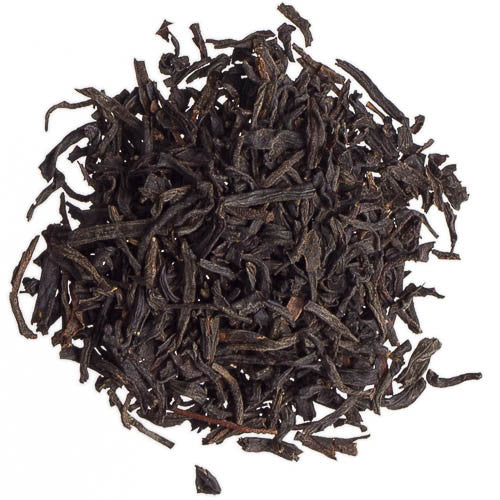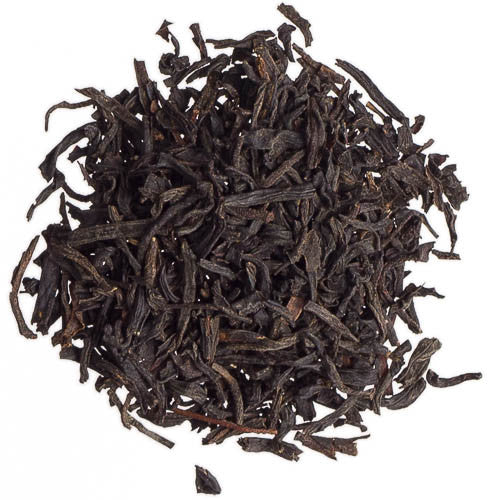1
/
of
1
Keemun Panda Grade 1 Tea
A winey and fruity tea with depth and complexity. Takes milk well. Just a few leaves brewed repeatedly (Chinese style or served stronger a langlaise) reward yourself with an exotic cup. Keemun Panda Grade 1 (whole leaf) has a bright tending reddish cup.
The tea bags are unbleached, free of wasteful envelopes, staples, strings or tags of any kind.
Luxury Ingredients: Black tea
This tea supports the Ethical Tea Partnership
All Camellia sinensis in our blends contributes to a fairer, more sustainable tea industry.
CAFFEINE CONTENT | HIGH
Cup per oz
10-12 cups per 1 oz
Couldn't load pickup availability
 1-2
1-2
Tea
Spoons


205-212°F
In 475 ml (8oz)

 4-6 mins
4-6 mins
 1-2
1-2
Teaspoons

 205-212°F
In 475 ml (8oz)
205-212°F
In 475 ml (8oz)

 4-6 mins
4-6 mins


Keemun Panda Grade 1 Tea
- Regular price
-
$4.05 - Regular price
-
- Sale price
-
$4.05


